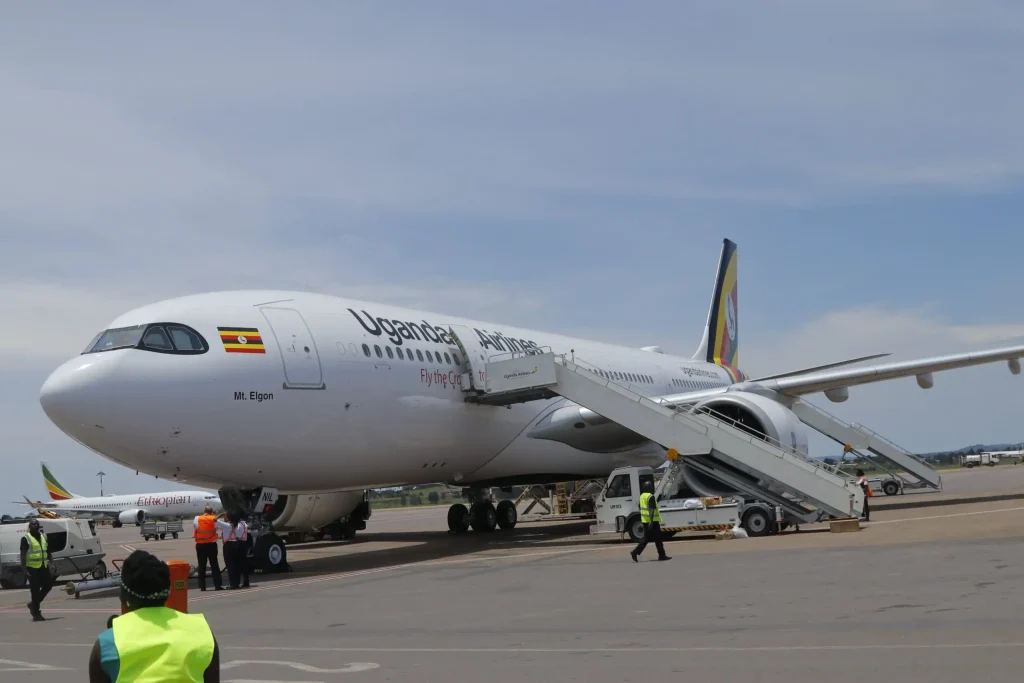The Federal Government of Nigeria has called on local airline operators, including Air Peace and Africa World Airlines, to capitalize on a transformative intra-African air cargo corridor launched by Uganda Airlines.
This new route connects Nigerian exporters to high-demand markets in East and Southern Africa, significantly reducing logistics costs and advancing the goals of the African Continental Free Trade Area (AfCFTA).
In an interview on Television on Tuesday, Dr. Jumoke Oduwole, Minister of Industry, Trade, and Investment, highlighted the initiative’s potential to revolutionize regional trade.
She revealed that negotiations with Uganda’s government-owned airline have led to a dramatic reduction in cargo costs.
New Market Intelligence Tool to Drive Exports
Oduwole also announced the launch of a market intelligence tool, developed in partnership with the United Nations Development Programme (UNDP).
This tool maps demand for Nigerian goods across East and Southern Africa, empowering businesses with data to target high-potential markets.
The Minister urged other African carriers, such as Ethiopian Airlines and Air Peace, to follow Uganda Airlines’ lead. “Competition drives progress,” she emphasized.
Economic Reforms Boost Investor Confidence
Oduwole also addressed Nigeria’s improving economic landscape, noting that recent reforms have stemmed the tide of corporate exits and attracted new investors.
She pointed to several positive indicators, including improved Fitch ratings, reforms by the Nigerian National Petroleum Corporation (NNPC), the Investment and Securities Act, and the Tax Reforms Bill. These measures, she said, signal Nigeria’s commitment to fostering a business-friendly environment.
“President Tinubu has secured $50.8 billion in foreign direct investment pledges as of December 2024,” Oduwole noted.
Addressing concerns about high-profile corporate exits, she clarified that many involve shareholder changes rather than complete business withdrawals.
A Blueprint for African Trade
The Nigeria–East/Southern Africa cargo corridor, developed through collaboration between Uganda Airlines, the UNDP, and Nigeria’s Federal Ministry of Industry, Trade, and Investment (FMITI), is a landmark achievement for AfCFTA.
The initiative addresses long-standing logistics bottlenecks, offering Nigerian businesses cost-effective access to regional markets.
According to the UNDP, this corridor serves as a model for reimagining trade logistics across Africa, fostering greater economic integration and competitiveness.





















